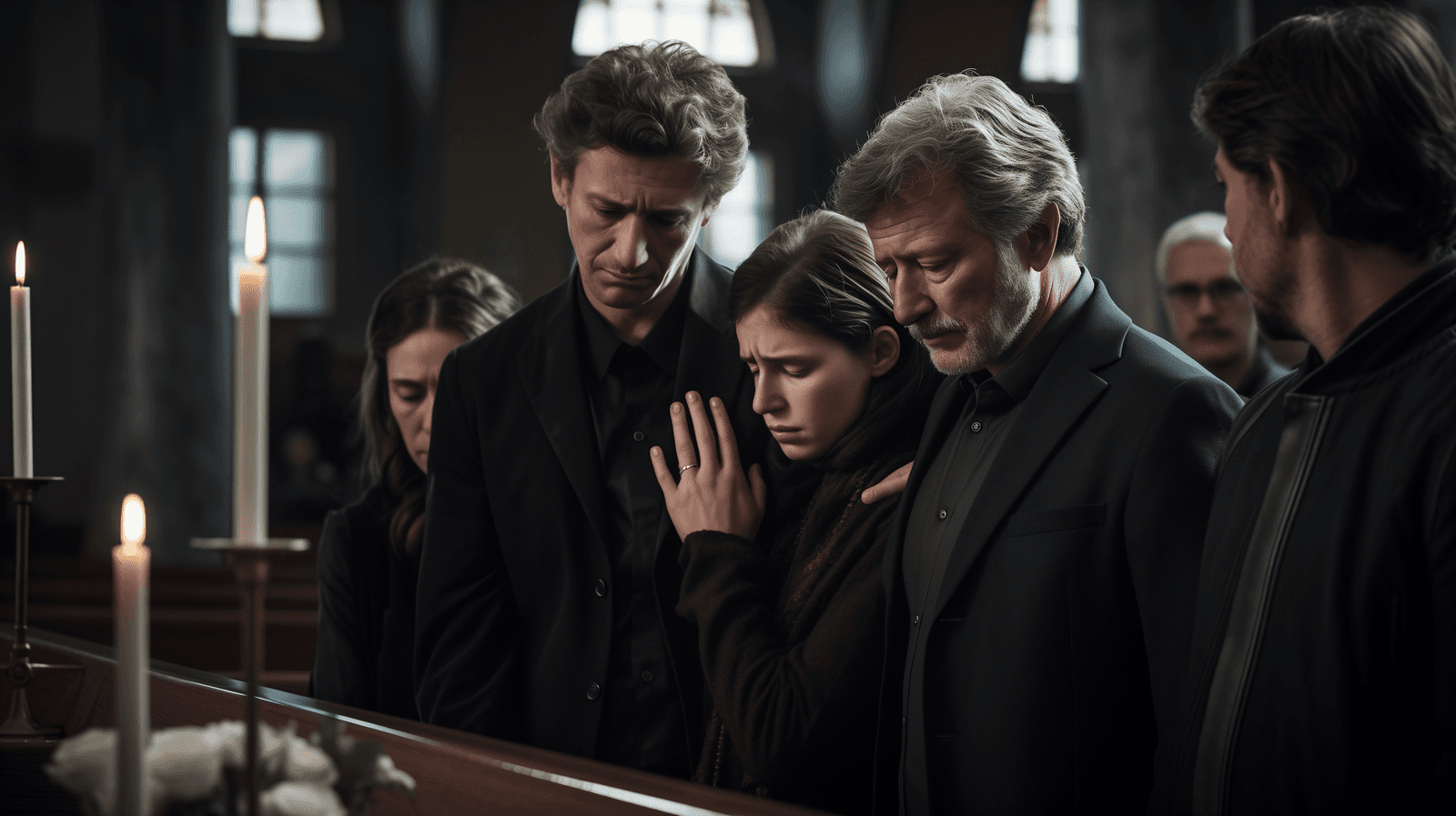Catholic Funerals in the UK: A Complete Guide
Nov 14, 2023
Key Elements of a Catholic Funeral Service
The Vigil: Family and loved ones gather to remember the deceased. The vigil can take place at a funeral home, a church, or a private residence.
The Funeral Mass: The funeral mass, also known as the Requiem Mass, is a central part of the service. It includes the Eucharistic Prayer and Holy Communion, typically led by an ordained priest.
The Burial/Cremation Committal Service: The Catholic Rite of Committal immediately precedes the burial or cremation. The priest leads mourners in prayers, concluding with The Lord's Prayer.
Cost of a Catholic Funeral
The cost of a Catholic funeral in the UK can vary widely depending on the size of the event, the location, and other factors. Expenses such as burial plots or cremation niches can add to the cost. To manage your budget effectively, you can use online funeral calculators or consult a funeral director for guidance.
Timing of a Catholic Funeral
Catholic funerals typically occur within a week of the person's passing, often taking place within 2-3 days. Catholics often plan ahead for funerals, making arrangements for themselves or their loved ones. Those approaching death may receive the Last Rites, administered by a priest or deacon, to prepare their soul for the afterlife.
Cremation in the Catholic Faith
Yes, Catholics can be cremated in the UK, as well as worldwide. The Church's stance, since the 1960s, accepts cremation. However, it is important to keep the ashes together and not scatter them. They should be interred in a cremation plot or stored in a columbarium.
Duration of a Catholic Funeral
A Catholic funeral generally consists of two main parts: the church service or Mass and the committal service at the graveside or crematorium. These sections typically last around 30 minutes but can vary. Allow for travel time between the church and the burial or cremation site.
Attendance of Non-Catholics
Non-Catholics are welcome to attend Catholic funerals. During the Mass, attendees can choose to receive Holy Communion or receive a blessing from the priest. Indicating that you are not Catholic and do not wish to receive Communion can be done by placing your right hand on your chest when you approach the priest. You may also choose to remain in your seat and observe the Communion.
Flowers at a Catholic Funeral
Many people opt to send flowers to the family or funeral home for a Catholic funeral. However, it is becoming more common to request donations to a charity instead of flowers. When planning a Catholic funeral, make your preferences regarding flowers clear on the invitations.
If you are unsure about sourcing flowers from a reputable and budget-friendly supplier, feel free to contact us. We have a network of trusted contacts across England who have been providing funeral flowers for many years.
Appropriate Attire for a Catholic Funeral
Traditionally, attendees at Catholic funerals in the UK wear formal and subdued clothing, often in dark colours like black. Men typically wear dark suits with black ties, and women opt for modest attire without low cuts. High heels may not be practical, especially for graveside services.
While many venues now accommodate colourful attire, the choice often depends on the wishes of the deceased. If you are arranging the funeral, consider indicating the expected dress code on the invitations.
Funeral Days
Catholic funerals are commonly held on Saturdays in the UK, as well as on other days of the week except Sundays (reserved for Catholic services) and holidays. Keep in mind that Saturday funerals may incur additional costs.
When planning a Catholic funeral, your funeral director or local church representative can help you select a suitable date and time.
In conclusion, this guide provides a comprehensive overview of Catholic funerals in the UK, covering various aspects from the religious rituals to practical details. Whether you are a Catholic or not, understanding these traditions and customs can help you navigate the experience with respect and sensitivity. If you have any questions or require assistance, don't hesitate to reach out to us. We are here to support you during this challenging time.
Brandon Pazitka
Co-founder and CEO Timist
